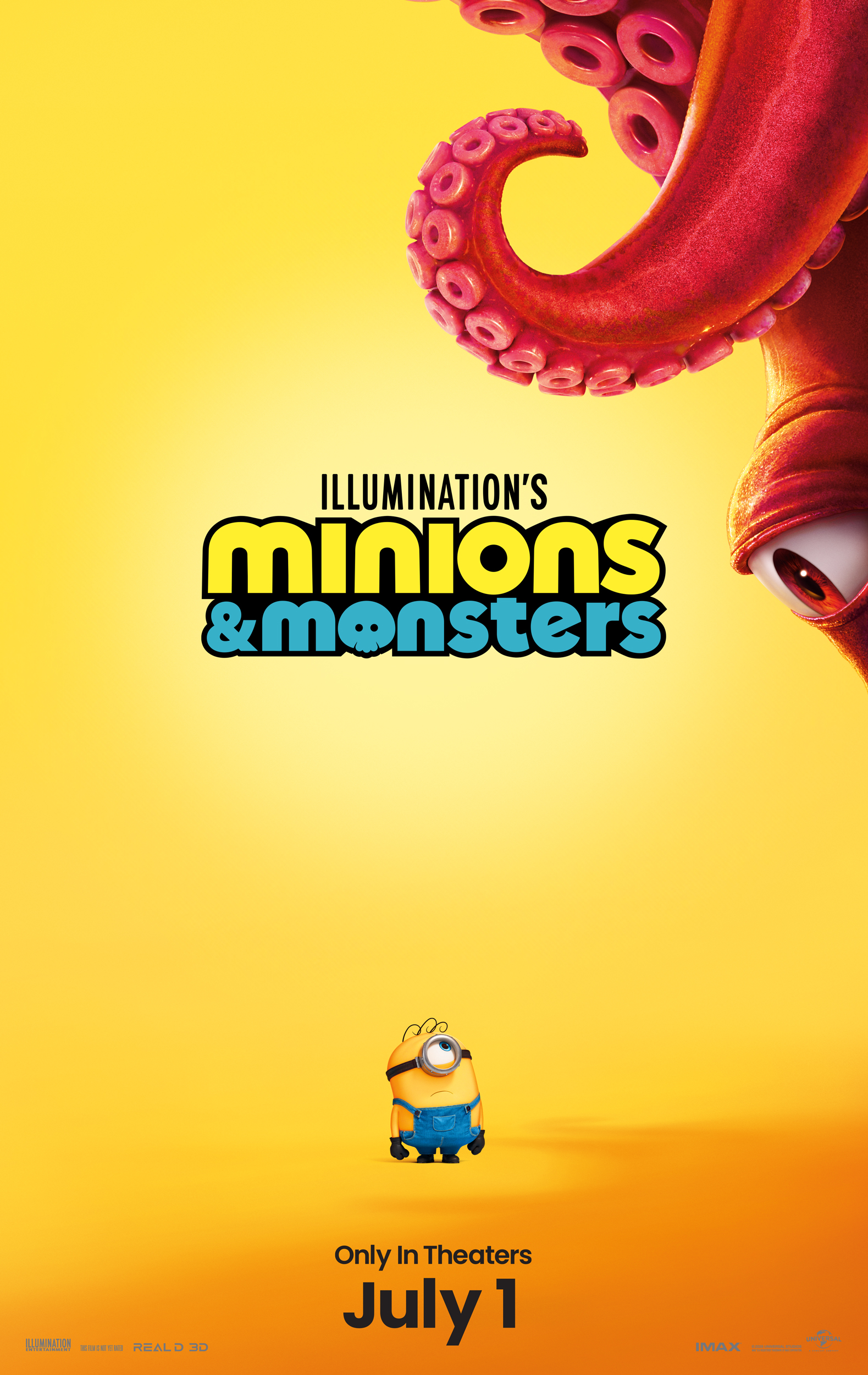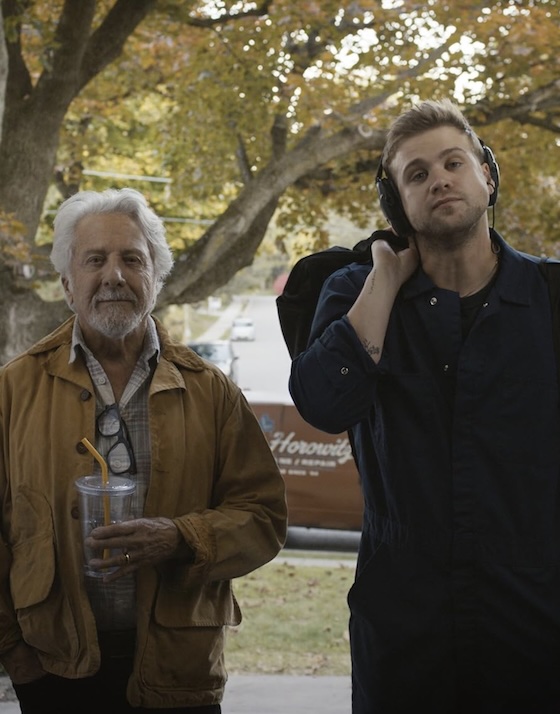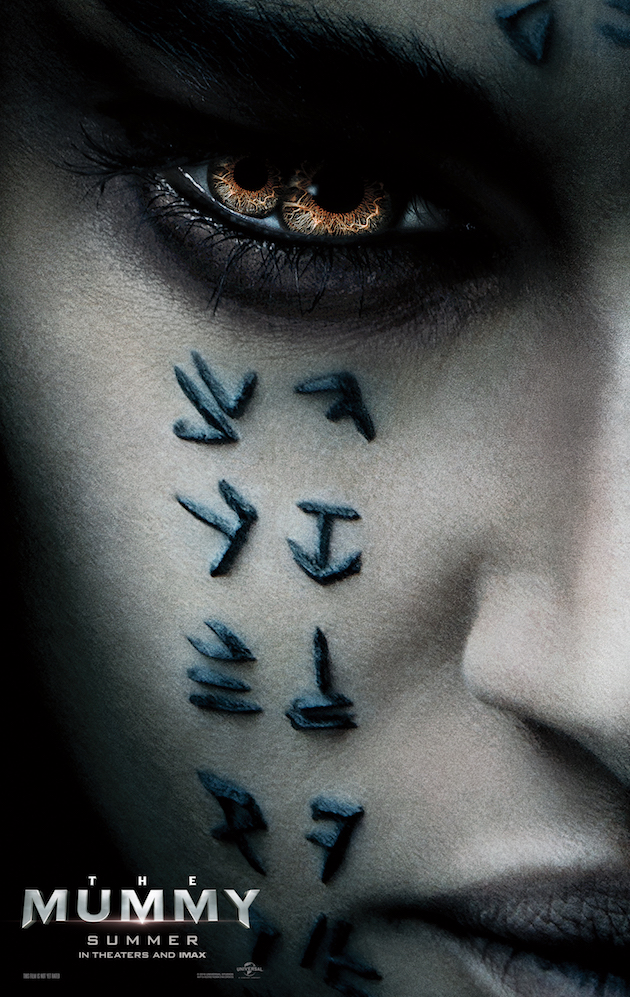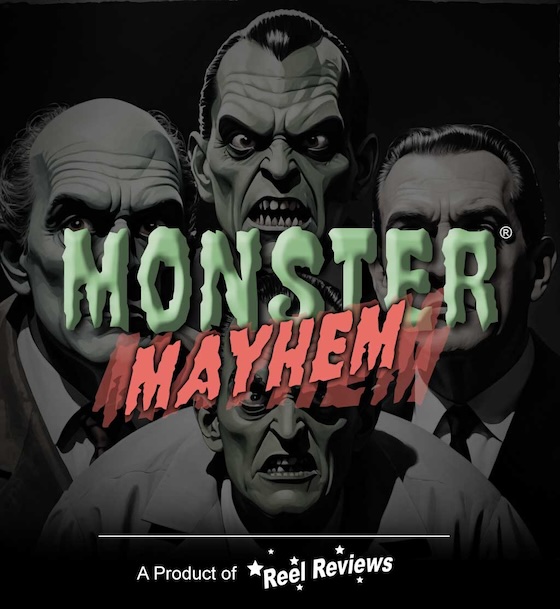{googleAds}
<div style="float:left">
<script type="text/javascript"><!--
google_ad_client = "pub-9764823118029583";
/* 125x125, created 12/10/07 */
google_ad_slot = "8167036710";
google_ad_width = 125;
google_ad_height = 125;
//-->
</script>
<script type="text/javascript"
src="http://pagead2.googlesyndication.com/pagead/show_ads.js">
</script></div>{/googleAds}Nothing inspires the spirit and ignites the soul quite like a good sports movie. It's one of the few genres of film that grown men will admit sometimes brings them to tears. And we men know how cleansing a good sports cry can be. Usually all it takes is a last second heroic catch by a team of overachieving misfits or a made bucket by the underdogs as the final buzzer sounds, to bring us to our feet with watery eyes and that huge lump in the throat.
Why then, even though it does feature some last minute heroics and the occasional really spectacular sports action, does We Are Marshall fail to create even the slightest ripple in the pool of sports drama greatness? Mainly because the highs are never high enough and the lows are never low enough. On the emotional meter, the film more closely resembles a gently rolling plain than it does an EKG printout. That's acceptable for Hallmark Movie Channel fans, bad for serious sports drama lovers.
For the uninitiated, We Are Marshall is the real-life story of a small West Virginia town decimated by the loss of nearly the entire local college football team in a plane crash in 1970. The chartered jet was less than a minute from its scheduled landing when it disappeared from the radar. But rather than tell the story of the players killed in the fiery crash, writers Jamie Linden and Cory Helms focus their story on the effect the tragedy had on the local Huntington, West Virginia citizens. While this makes for a sometimes-compelling melodrama, the filmmakers miss the opportunity to make a good sports movie.
Sheepish Marshall University president Donald Dedmon's (David Straithairn) first reaction to the disaster is to shut down the school's football program while the town tries to heal from the loss of so many of its sons, daughters, mothers and fathers. But a plea by Nate Ruffin (Anthony Mackie), team member that didn't make the ill-fated road trip due to a previous injury, accompanied by a campus full of students chanting the University's battle cry "We Are Marshall" spoken towards the sky as if in defiance of God's plan, encouraged President Dedmon to continue the program.
But they didn't have a coach nor did they have any players. Enter rootin' tootin' football coach Jack Lengyel (Matthew McConaughey) who pleaded for the head-coaching job to fill some kind of debt he felt he owed to the game of football. But how good could the game have been to a coach whose career was made at The College of Wooster? Anyway, Jack sets about in the process of assembling his team of assistant coaches led by Red Dawson (Matthew Fox), the previous administration's recruiter who opted out of the doomed flight due to a last-minute recruiting stop. Haunted by survivor's guilt, Dawson promises Lengyel one year of service, after which he never returned to the game. Coach Dawson represents the feelings of one faction so tragically touched by the tragedy. They felt it was too early to play ball and to do so would only dishonor those who gave their lives to the sport. The other side, heralded by Ruffin, needed and even expected football to resume.
The middle of the film gets a bit overly sappy and a bit strained, as there seems to be scene after scene of someone making one dignified speech after another. Whether from school board trustee Paul Griffen (Ian McShane), father of the team's star running back and staunch supporter of suspending the football program, proclaiming "It wouldn't be a game. It would only be a weekly reminder of what we lost." Or from Coach Lengyel himself telling Coach Dawson "If you step out onto that field and lay it all out there, if you give it everything you've got, then we cannot lose. We may be behind on the scoreboard, but we cannot be defeated." The point is made clear how entrenched football is in the local community, and how much so many people depended on the sport.
But what about the players? Director McG (Charlie's Angels, Charlie's Angels: Full Throttle) would get so much more emotional mileage and that's what a sports movie needs - from a screenplay centered around the players. Remember the Titans worked because of the tight bond the audience watched form amongst the teammates. Miracle touched our hearts because we toiled alongside the athletes in their run up to the game with the Soviets. But We Are Marshall is not a sports movie about football or football players. It's a drama about surviving a tragedy and getting on with life. But even at that there's no real enemy, very little conflict, and at the most, a moderate amount of emotional expenditure. And for those reasons, We Are Marshall remains somewhere in the lower tier of sports movies. Somewhere down there with Against the Ropes and Kicking and Screaming. I'm puzzled as to why Warner Bros. promoted this film in their end-of-year promotional push for award consideration.
DVD Details:
Screen formats: Widescreen Anamorphic 2.35:1
Subtitles: English; French; Spanish; Closed Captioned
Language and Sound: English - DTS 5.1 Surround; French - DTS 5.1 Surround
Other Features: Color; interactive menus; scene access.
* Featurettes -
o Legendary Coaches: How Coaches Overcome Adversity (36:57)
o Marshall Now (01:01)
o Tourism Ad for where WE ARE MARSHALL was filmed.
Number of discs: - 1- Keepcase Packaging
{pgomakase}



































